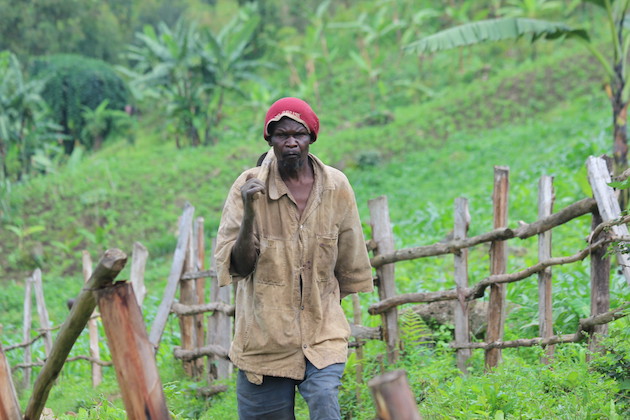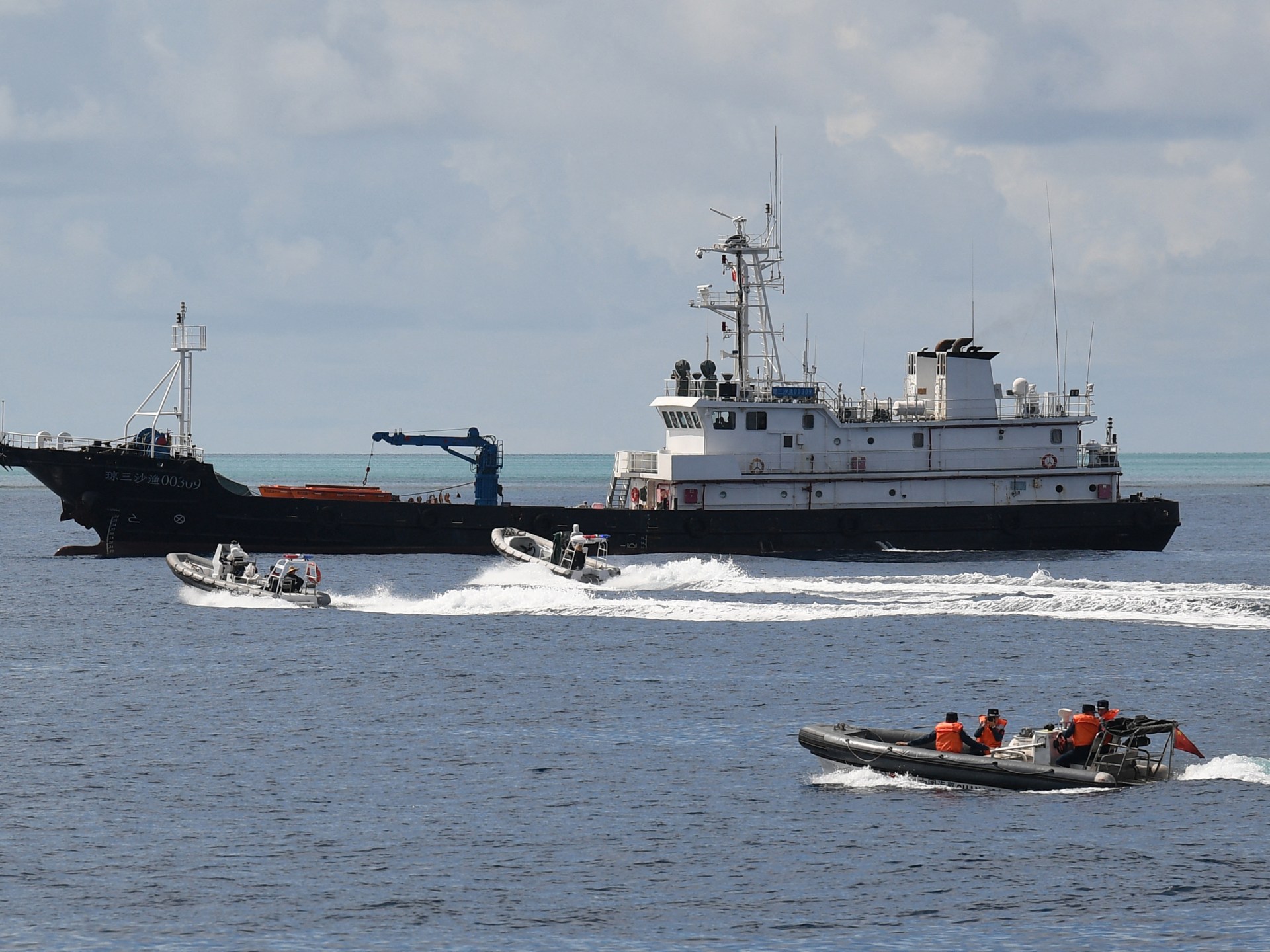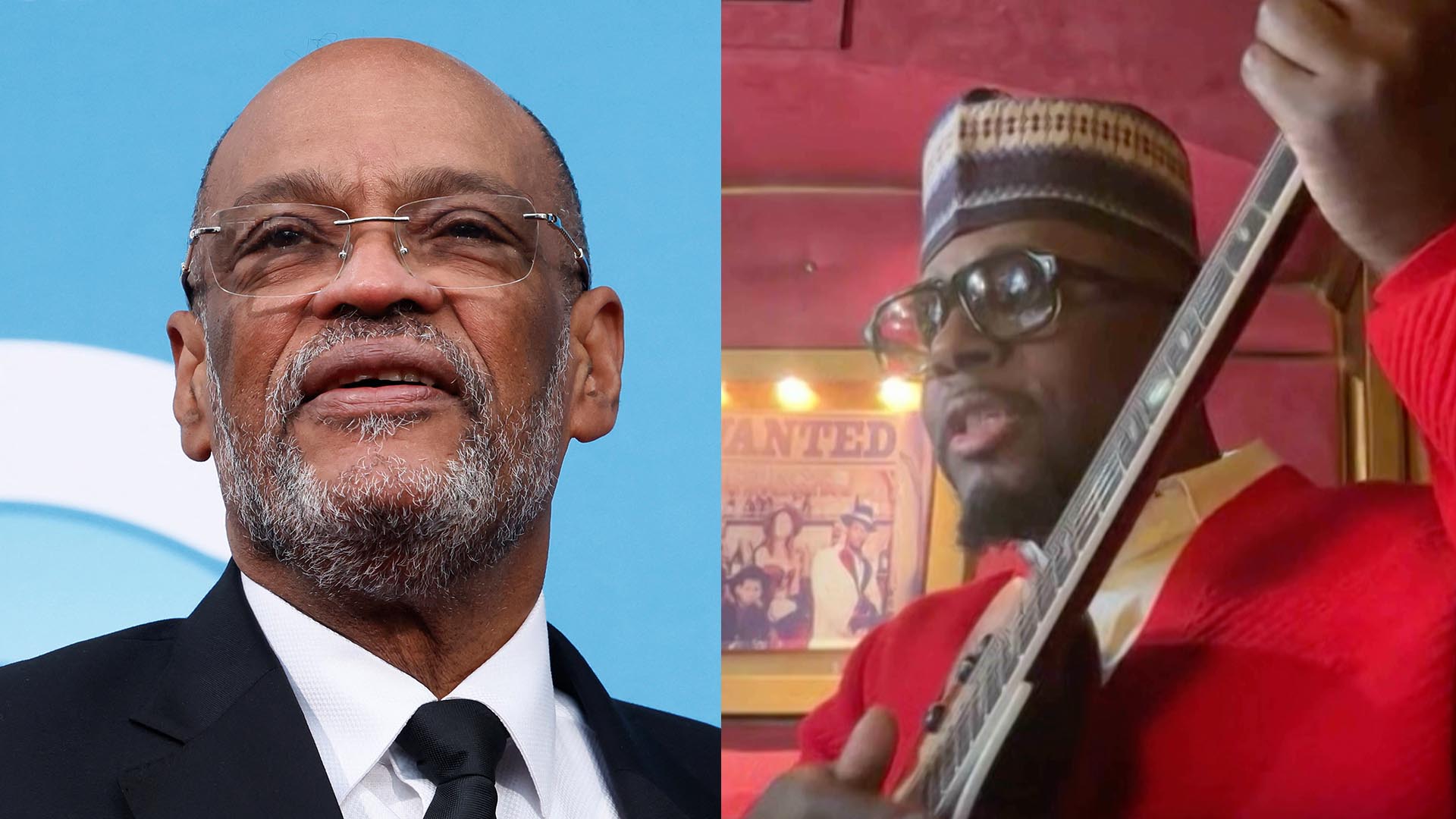When Climate Justice Becomes Climate Justice Denied — Global Issues
Oct 26 (IPS) – In 2012 four minors and their sponsors asked the Ugandan courts to develop a climate change mitigation plan and protect children from the effects of climate change and extreme weather conditions. This case remains unresolved. IPS asks if governments are liable if they fail to fulfill obligations in international agreements.
On December 4, 2019, landslides in the Bududa region of Uganda killed 20. The landslides occurred after heavy rains, and a Red Cross report estimated that 96 households were affected, with 49 houses destroyed. It displaced many, while others continued to live in high-risk areas that could “slide at any moment.”
This wasn’t the first or the last incident of flooding – news reports from the region narrate numerous incidents where people died when their homes were buried in landslides after torrential rains.
In Uganda, the case, popularly known as ‘Tsama William and 47 others,’ has been pending since it was filed in 2020.
Williams and others have argued that the Government of Uganda had been aware of the risk of landslides in Bududa for many years, but it had not implemented landslide early warning systems.
They seek relief from the courts, including declarations that their right to life, right to own property, right to physical and mental health, and the right to a clean and healthy environment were infringed when landslides occurred.
“Bududa district is likely to suffer from more landslides in the future because of the past history of landslides and, due to factors such as changing rainfall patterns and increasing extreme weather events caused by climate change and environmental degradation, and that if the affected people are not urgently relocated and resettled, further loss of life, loss of property and infringement of human rights is likely to occur,” reads their founding affidavit.
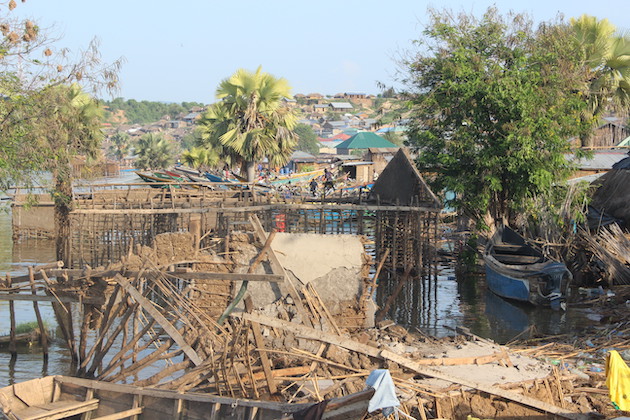
The authorities deny their culpability. Julius Muyizi, the lawyer representing the National Environment Management Authority, instead accused William and other residents in the Mount Elgon region of having contributed to landslides through their poor agricultural practices, vegetation clearance, and poor cultivation.
William and his fellow survivors await a court judgment, but it could be a long wait; another similar case has been held up in the courts for more than a decade.
However, like many others caught in climate change-impacted weather events and disasters, William is part of a group of survivors who are increasingly using the courts to test whether governments, businesses, individuals, and local authorities are responsible for the impacts of climate change.
Environment and the Judiciary
Justice Lydia Mugambe, a High Court judge and recently appointed judge at the International Residual Mechanism for Criminal Tribunals, told judicial officers at a recent training session that the judiciary was crucial in matters of the environment. She was presenting on judicial officers’ role in ensuring climate justice. One question was: Can individuals sue the government over climate change?
“I think the role of the judiciary is a very important one in matters of the environment, and we as the judiciary should take it on with gusto,” she said. “We need to change our mindsets; we need to separate politics from the real issues when cases come before us.”
Mugambe notes that judges need to understand the role of public interest litigation in matters of the environment.
“From my experience in the courts, a case can be brought straightforward as a public interest litigation. But there are cases that come as individual cases. But they are ‘public interest cases’ because of their nature. So, when determining these cases, what kind of remedies do we give?” she asked.
She suggested that judges could give remedies in individual cases that have the effect of creating reforms – this would ensure resolution so that other similar cases won’t need to be prosecuted.
Over the years that Mugambe has worked as a lawyer and later judge, she said she had watched and witnessed environmental damage to Uganda’s forests and water bodies and read about climate change ravaging some of the communities.
She believes judicial officers should take an interest in emerging laws like the country’s newly enacted environmental law.
Judges should ask themselves crucial questions.
“What do these acts and conventions provide? And how can we use them in our judgments? And then what kind of remedies when these cases come before us? Are they meaningful remedies for environmental protection? Do we assess the context of the case before us so that we take account of all the factors?” suggested Mugambe.
The training session Mugambe was addressing was hosted by an environment advocacy NGO known as Greenwatch.
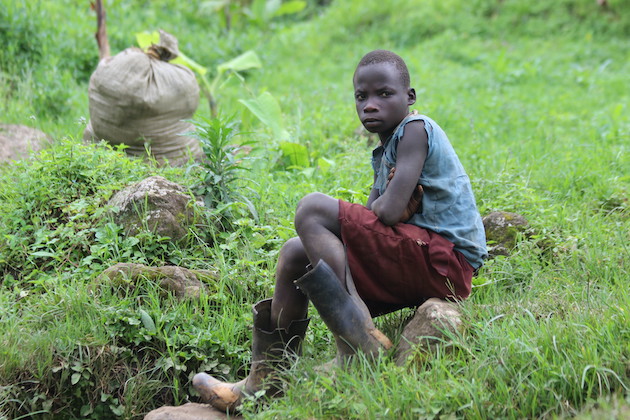
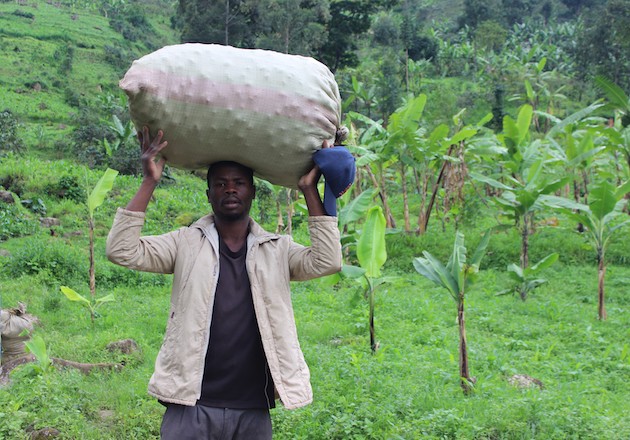
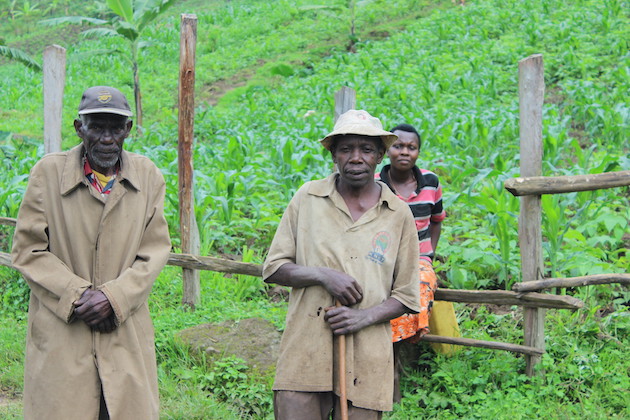
Advocacy and Environmental Laws
Greenwatch says it’s crucial that every individual in Uganda knows that they have environmental rights, and these rights can be fully exercised through access to information, justice, and public participation.
Samantha Atukunda Mwesigwa, the director and legal Counsel at Greenwatch, told IPS that training of the judicial officers was critical because there were several environmental disputes in the courts.
“So, it’s important to have a judiciary that is knowledgeable and equipped when it comes to climate aspects, in particular, climate justice,” Mwesigwa explained.
Uganda has joined the global trend of climate litigations in which victims of climate change cite human rights and constitutional violations in their arguments.
The recent Global Trends in Climate Change Litigation: 2021 snapshot recognized the crucial role judges can play in the context of climate justice. Training of Judges was one of the critical areas of concern.
Furthermore, On March 28, the United Nations General Assembly (UNGA) adopted a historic resolution asking the International Court of Justice (ICJ)—the UN’s principal judicial organ—to provide an advisory opinion clarifying what governments’ obligations are under international law when it comes to tackling climate change.
Justice Richard Buteera, the Deputy Chief Justice of Uganda, agrees that the training is vital because the judges are part of the vanguard of the environmental laws.
“We have to balance between human needs for now. But sustaining the environment for the future. Because in an effort to maintain the environment, these conflicts have to be resolved by courts. And the training is making clear the position of the law,” said Buteera, who previously served as Uganda’s Director for Public Prosecutions.
Each time a new cohort of judges comes in for training, a wealth of information needs consideration. Some judges know a few things about international agreements like the Kyoto Protocol and the 2015 Paris Agreement, but because climate change and law are not everyday topics in their chambers, some are skeptical about it.
Bridget Ampurira, a lawyer with Greenwatch, has participated in the training that started in 2019.
She told IPS, “Of course, there are judicial officers who will point out that they are skeptical about climate change and climate Justice. So, they will point out and question us as to the reality of climate change. But there are those who have seen and realized that climate change is a real issue.”
Over 120 judicial officers have been trained. According to Ampurira, of those who have been trained, there has been progress in how they handle the cases before them.
“I can say in terms of court procedure, there has been great improvement in the attention accorded to climate change cases.”
Who is Liable Under International Law?
The late Justice of the Court of Appeal, Kenneth Kakuru, still referred to as one of Uganda’s front runners of environmental law, would raise questions whenever he addressed fellow judges.
“Is the government liable for failure to implement the obligations in international agreements? For example, we have seen children trying to go through a flood. This flood takes a child. Who is liable if the government has not obliged with its obligations?” asked Kakuru. “We owe it to ourselves and the citizens of this world; we owe it to those from whom we inherited this beautiful place. We owe it to our children and their children. To those yet unborn. The time is now, for tomorrow may be too late.”
While the training of judicial officers continues, cases before the Ugandan courts remain unresolved.
Climate Cases Before Ugandan Courts
Greenwatch has, over the years, filed several public interest litigations under Uganda’s constitution, which allows an individual or organization the right to sue the government where it has failed its obligations. Some of the rights can be environmental or climate change elated.
One of those cases is the one commonly known as the ‘Nisi Mbabazi.’ It was filed by Kakuru in 2012 before he was appointed a judge. Kakuru sued on behalf of the surviving minor children of the victims of a natural disaster.
The plaintiffs argued that Article 237 of the Ugandan Constitution makes the government of Uganda a public trustee of the nation’s natural resources—including its atmosphere—and that Articles 39 and 237 require the government to preserve those resources from degradation for both present and future generations. Citing multiple examples of damage and loss of life resulting from extreme weather events, they alleged that the government has breached its constitutional duty.
Climate Justice Denied
Eleven years later, there is still no judgment in this case. Some activists have described the long wait for judgment as an injustice against victims of climate because of the delays.
Ampurira said one of the challenges Greenwatch has faced in the past has been the delay with the justice or a court system beset by adjournments. “So, you would find that a case that should take a year to be settled takes ten years.”
She suggested that the Uganda government should establish an environmental court like the ones established by Kenya to expedite the cases “Because we say justice delayed is justice denied. Kenya has two specialized fora for adjudicating environmental matters.
On July 16, 2023, the Land and Environment Court in Kenya awarded an equivalent of USD 13 million in compensation for the impacts on the environment and the health of a community caused by lead poisoning from a nearby smelter that recycled batteries.
It was the first in Uganda where victims of climate change-related disasters sued the government, asking it to comply with several articles of the Paris Agreement 2015 and articles of the UN Framework Convention on Climate Change (UNFCCC), which Uganda is a state party.
Peter Kibeti, who witnessed many landslides in Bududa, told IPS, “The landslides are not in a way related to destroying trees. But it has been due to heavy rains. The water has sunk into the soil, leading to the collapse of the slopes. We still have many trees in Bududa. Much as they say we should plant more trees – they also get uprooted by landslides. I cannot believe that cutting down trees causes landside because heavy rains have weakened the soil.”
Yazidhi Bamutaze, an Associate Professor in the Department of Geography, Geo-Informatics, and Climatic Sciences at Makerere University, told IPS that the loss of vegetation and tree cover in Bududa cannot be solely blamed for the rampant landslide disasters.
“We have had previous cases, and they are a combination of factors that lead to the occurrences of landslides in that area. The slopes are quite steep. In some areas, they go over 80 degrees. Then you also have the climatic factors, particularly rainfall. If you look at the data, you realize you get over 1500 millimeters of rainfall,” he said, explaining the multiplicity of causes for the disasters.
International Climate Justice Cases
Internationally the number of climate change cases has more than doubled from 884 in 2017 to 2,180 in 2022, according to the UN Environment Global Climate Litigation Report: 2023 Status Review.
This trend includes cases brought on behalf of “children and youth under 25 years old, including by girls as young as seven and nine years of age in Pakistan and India, respectively, while in Switzerland, plaintiffs are making their case based on the disproportionate impact of climate change on senior women.”
The caseload indicates that human rights links to climate change, protection of the most vulnerable groups, and “increased accountability, transparency and justice, compelling governments and corporations to pursue more ambitious climate change mitigation and adaptation goals” are increasing.
IPS UN Bureau Report
Follow @IPSNewsUNBureau
Follow IPS News UN Bureau on Instagram
© Inter Press Service (2023) — All Rights ReservedOriginal source: Inter Press Service
Check out our Latest News and Follow us at Facebook
Original Source

